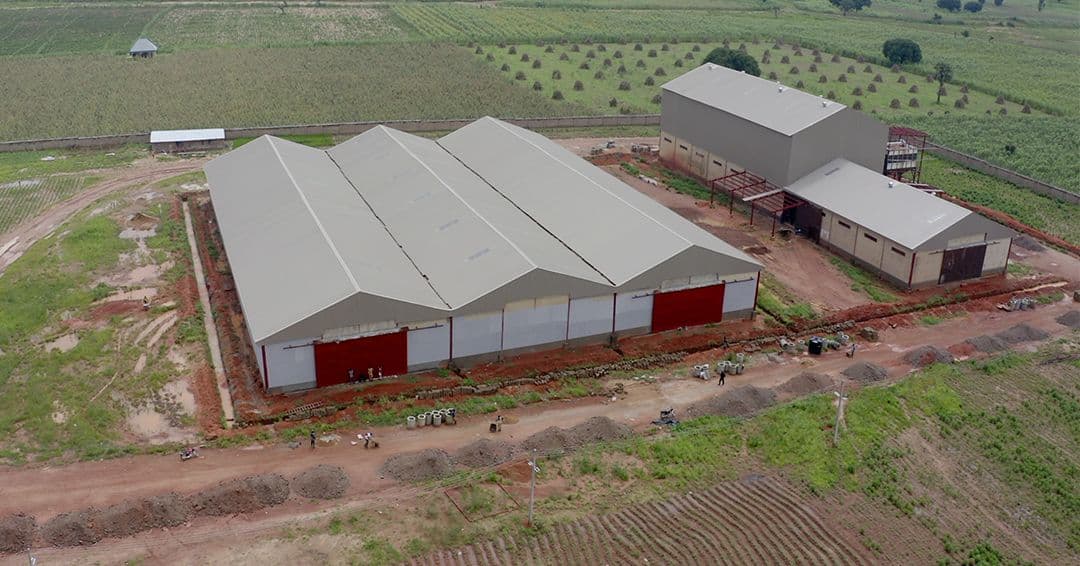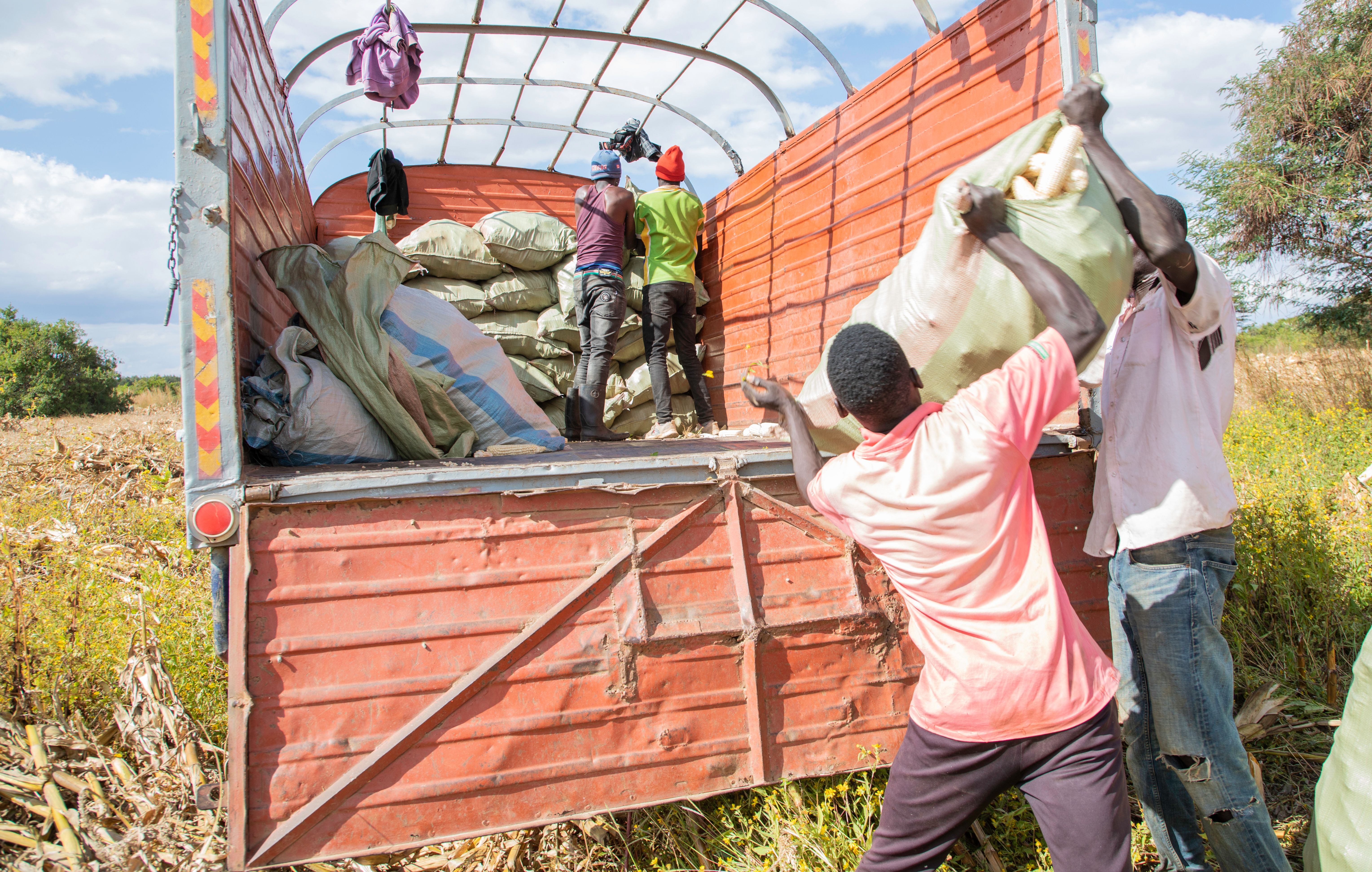Reading time:4 min read
Tackling Food Waste in Africa - We Need to Make Haste
Despite widespread hunger and chronic malnutrition, Africa throws away almost 40% of the food it produces. This issue transcends borders, with global food waste reaching volumes sufficient to feed all undernourished people each year. Food loss and waste are major contributors to climate change, responsible for an estimated 10% of annual global greenhouse gas emissions – nearly five times that of the aviation sector.
Food waste is even more critical in Africa. Data suggests that sub-Saharan Africa has the highest percentage of food lost after harvest compared to other regions. Fruits and vegetables suffer the most, with losses reaching 50%, the highest globally.
Where is food lost?
A major obstacle in tackling food waste is identifying the precise points in the value chain where the losses occur and the magnitude of such losses. However, deep study and comparison of available resources can offer valuable insight. Food waste occurs anywhere in the value chain between the farmers’ fields and the consumers’ plates, impacting quantity and quality. While quantity loss refers to the physical weight of food wasted, quality loss is trickier to measure and involves the degradation of nutrients or contamination. The losses can be attributed to poor harvesting techniques, inadequate or non-existent storage facilities, and Inefficient processing techniques among other factors.
The Food and Agriculture Organization (FAO) estimates that improper harvesting practices cause around 5% of global fruit and vegetable losses. A study in 6 Sub-Saharan African countries examined food losses across storage, handling, and transportation. They found that 80.4% of losses happened during storage. Fruits, vegetables, roots, and tubers had the highest losses, up to 55.9% due to perishability and poor storage and processing infrastructure.
Research on food waste by the UN reveals that food waste was higher in open-air markets than in shops, suggesting that markets might be a significant source of food waste that needs more study. Disruptions caused by the COVID-19 pandemic intensified the issue, with many Africans shifting to more stable carbohydrates and non-perishables, leaving perishable food to spoil in markets.

Is there an urgent need for intervention?
Presently, Africa has a population of approximately 1.5 billion people, and about 21% of this population is undernourished. Africa’s population is expected to reach 1.7 billion by 2030, making food security a paramount concern for this rapidly growing population. Addressing food waste is not just about immediate hunger; it's about ensuring long-term food security for a growing population. With limited time remaining to achieve Sustainable Development Goal 12.3 (halving global food waste by 2030), Africa urgently needs to address food loss and waste.
How to tackle food waste in Africa
Most interventions in Africa have focused on reducing food losses on the farm. This approach is based on the assumption that most losses occur or start on farms, which is true to a certain extent. However, a significant portion of food waste also happens downstream in the food supply chain. This means that few interventions have addressed inefficiencies in areas like storage, transportation, processing, and retail.
Research shows that food wastage tends to be lower in rural areas, possibly due to more circular food systems that include practices like feeding scraps to animals and composting for manure. Creating such a circular system in Urban areas can significantly reduce food loss. For instance, farmers can partner with animal shelters to collect excess food that's unfit for human consumption but can be nutritious animal feed.
To significantly reduce food waste, both government and private institutions need to invest heavily in agricultural storage and transportation infrastructure. Studies have shown that proper storage and transportation facilities can cut losses by up to 50%. This not only increases the shelf life of produce but also ensures it reaches consumers fresh and on time.
 The fight against food waste requires a multifaceted approach. By identifying loss hotspots, investing in storage, and processing infrastructure, and promoting better agricultural practices, Africa can significantly reduce food waste. This will not only improve food security and nutrition but also contribute to a more sustainable future for the continent.
The fight against food waste requires a multifaceted approach. By identifying loss hotspots, investing in storage, and processing infrastructure, and promoting better agricultural practices, Africa can significantly reduce food waste. This will not only improve food security and nutrition but also contribute to a more sustainable future for the continent.
